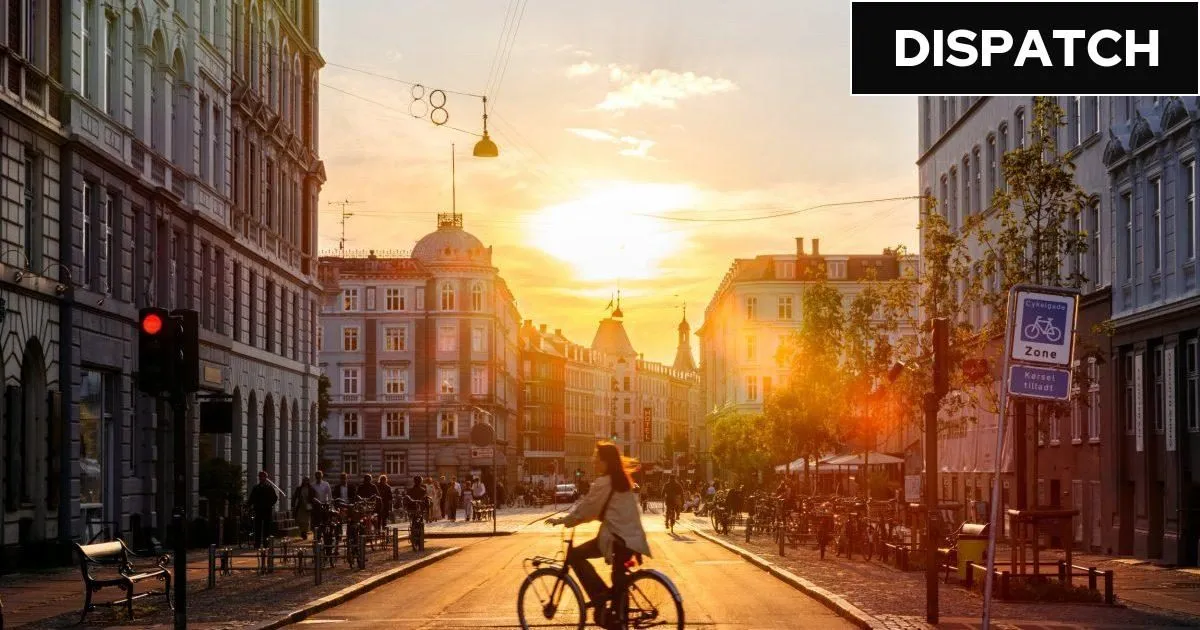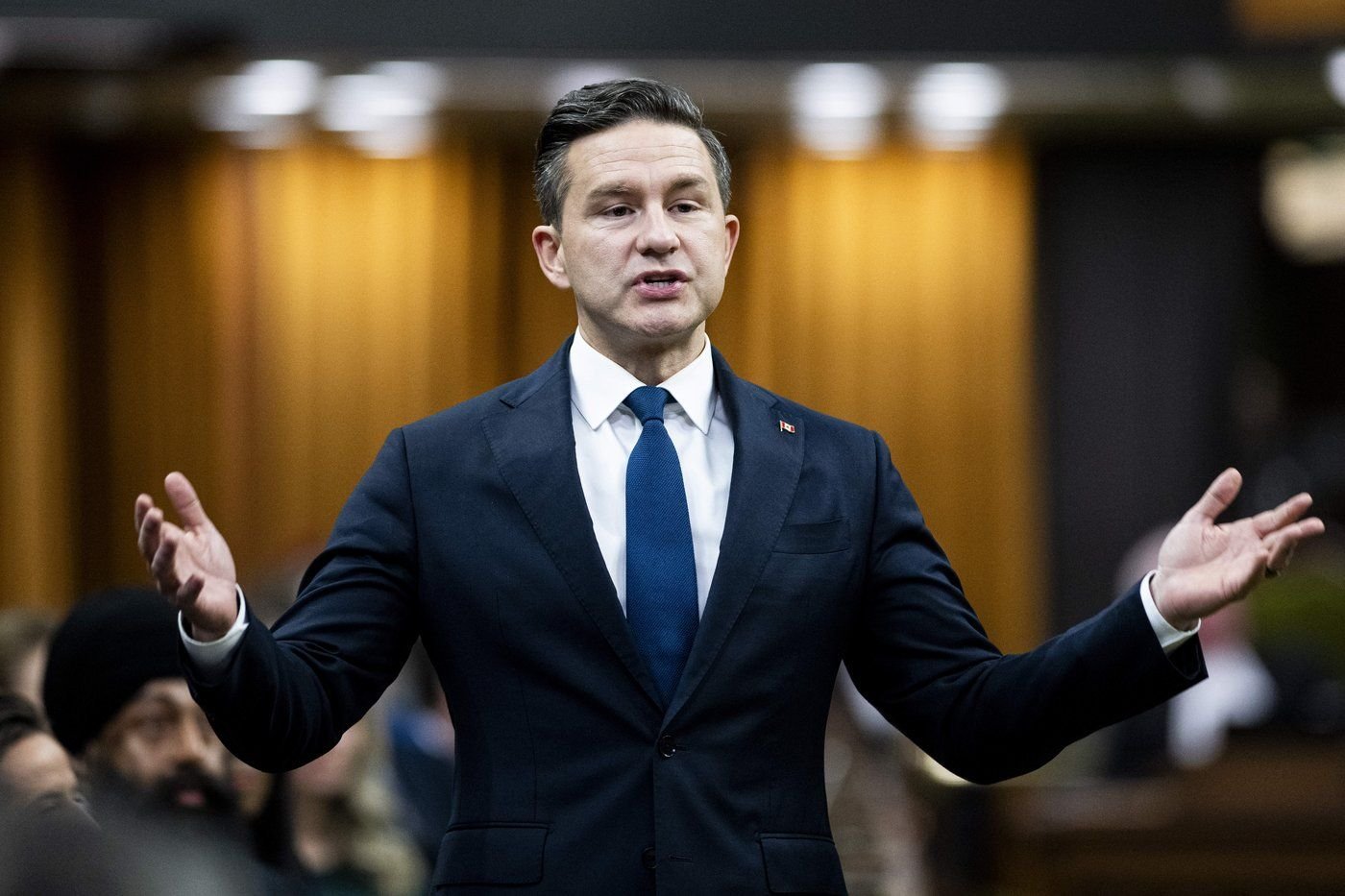Copyright inews

COPENHAGEN – Foreign students wanting to study business administration and leadership at Denmark’s Roskilde University got a shock in September when they found out they were no longer welcome. For a university that has earned millions from foreign students in a country with a documented shortage of skilled workers, it was a curious move. The university had been accused of creating a back door route into the country, with Bangladeshi students in particular suspected of applying in order to get around Denmark’s stricter work rules. The decision to close the course – discussed in parliament and backed by prime minister Mette Frederiksen’s left-leaning party – made it clear that the governing Social Democrats meant business on immigration. It also came barely two months before municipal and regional elections, which take place next week. Many countries in Europe are struggling with immigration and a rising tide of anger against it, but with Copenhagen regularly topping lists as the world’s happiest city, and Denmark as a whole second only to nearby Finland, it is notable that it is not escaping the trend. “In Denmark, immigration has become a question of identity rather than economics,” Sosun Sendi Breitenbach, chief executive of Ulobby, a technology company working at the intersection of politics and public affairs, told The i Paper. For years, politicians have treated immigration as a labour market issue, but for many Danes, it is about belonging and the preservation of social cohesion. Denmark’s welfare model is built on trust, and that trust depends on the sense that everyone contributes, plays by the same rules, and shares the same basic values. As previously reported in The i Paper, Denmark’s “zero” approach to asylum has become a model admired by European leaders far to the right, with refugees offered only temporary residence permits, often reviewed annually, and tight rules on family reunification. In addition, residency can be revoked once someone’s home country is deemed safe. Partly as a result, Denmark has managed to drive down successful asylum claims to a 40-year low, with 95 per cent of failed claimants deported. Hardening rhetoric Breitenbach likens what has taken place to the debate around Brexit. “What started as a debate about economics and EU regulation turned into a question of sovereignty and identity,” she said. “When politics becomes about who we are rather than what we do, compromise becomes harder, and rhetoric inevitably grows sharper.” Danes only need to look across the water to Sweden to see a familiar example of immigration openness leading to a strong pushback and rapid reversal. Sweden has completed a near U-turn in terms of immigration policies over the last ten years. Between 2004 and 2014, it welcomed over 300,000 asylum seekers from war-torn regions of the world, many from Syria and the Middle East, but by 2015, the country was following the EU’s minimum requirements, citing a need for respite. It has also struggled with organised crime and gun violence, which some blame on the newcomers. Business owner Kathrine Olofson said there has been a big shift in attitudes since Denmark first welcomed migrant workers en masse in the 1970s, when they came as temporary workers and then stayed and brought their families. “It’s a different set of immigrants from before,” she said. “You can’t come in without a job anymore.” Even so, there are pressing societal issues: an aging population, low fertility rates, pension pressures and a worker deficit. The country needs more immigrants to support its economy, and this summer, the Government made an agreement to encourage non-European migrants to live and work in Denmark, in particular in specialised industries and technologies. Olofson says Denmark needs immigrants at all levels to fill the jobs that Danes won’t do. “Unemployment rates are so low right now,” she said. “Nobody wants to be a nurse, cleaner, or work in a restaurant or a care home. We just don’t have enough Danes for all the essential jobs we need.” In an echo of the Brexit debates, whether those coming in feel comfortable in a country where political debate discusses their merits and issues so openly has seemingly not been considered. Looking to the future The current government’s blend of social spending and border toughness has proved electorally potent, keeping Frederiksen and her party in power while her left-leaning counterparts across Europe fell to conservatives or populists. It is a tactic that is likely to appeal to the likes of Sir Keir Starmer, as he looks to thread the needle on the UK’s own debates around the economy, asylum seekers and immigration. “Frederiksen’s Social Democrats party has traditionally been the party of the people,” Sune Steffen Hansen, a Danish voter analyst and political commentator, told The i Paper. “But in recent years, the rise of the Danske Folkeparti [the Danish People’s Party] has forced them to move to the right.” The Danish People’s Party occupies a similar space to Reform UK, with a strong focus on traditional values. According to polls, it is expected to gain support in the local elections on 18 November, although it is unlikely to make significant inroads. Hansen notes that while politicians are black and white about the issue of immigration, Danish voters he encounters in focus groups and polling situations have a more nuanced view. “People don’t think about immigration in the same way as they did twenty years ago,” he said. “Even on the right wing, people are talking about the conditions in which they will accept immigration, and how foreign people living in Denmark should live and behave, not whether they should come or not. It’s a change in perception.” We will have to see if that mindset filters down to the overall political debate and to other countries across Europe.



